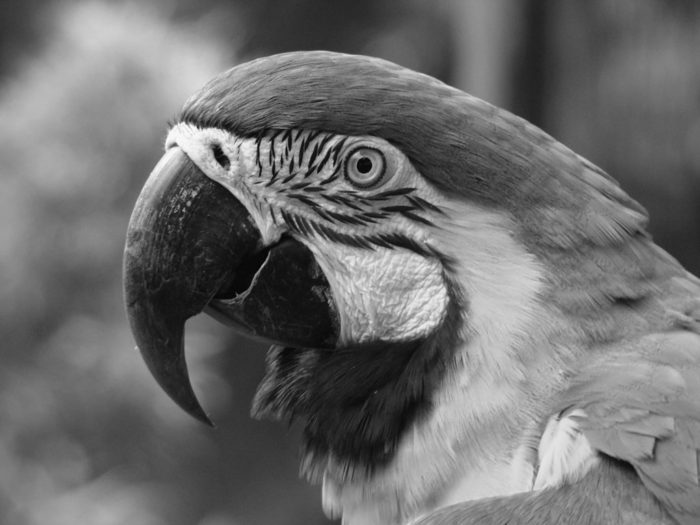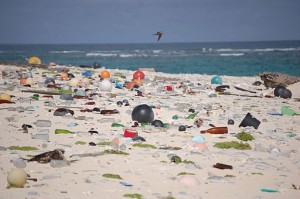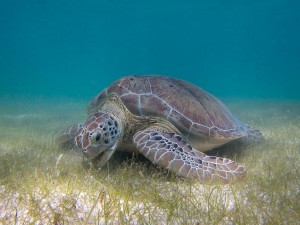Biding Time Could Improve Conservation
An innovative new study has challenged the current orthodoxy in conservation by suggesting that delays in the spending of funds could actually improve the benefits gained from the money and therefore protect more species.
 Image: By Rodrigo Soldon from Rio de Janeiro, Brazil (Arara-de-barriga-amarela) [CC BY 2.0 (https://creativecommons.org/licenses/by/2.0)], via Wikimedia Commons
Image: By Rodrigo Soldon from Rio de Janeiro, Brazil (Arara-de-barriga-amarela) [CC BY 2.0 (https://creativecommons.org/licenses/by/2.0)], via Wikimedia Commons Strategic delays in conservation efforts could be the key to protecting more species, according to researchers from the University of Queensland. A new study published in the Proceedings of the National Academy of Sciences found that, instead of spending project funds immediately, conservation organisations could use the right amount of delay to improve the benefits achieved from their funding. They could do this by focusing first on investment, capacity building, or monitoring and research.
Dr Gwen Iacona, a University of Queensland School of Biological Sciences and ARC Centre of Excellence for Environmental Decisions Postdoctoral Research Fellow led the study. She used a mathematical model to look at conservation gains through identifying efficiencies.
“It showed that, because of the different rates of change in economic and ecological systems, waiting and using the time to improve the conservation capacity of the organisation provided better conservation outcomes than simply spending available money immediately,” she said.
The team tested this idea using data on forest restoration to counteract bird extinctions in Australia and Paraguay. “We found that in both cases more species could be protected and extinctions could be halted faster when the available money for restoration was leveraged by investing it, before spending it on the on-the-ground projects. This result opens up a new dimension in conservation planning because it demonstrates that conservation gains can be obtained by looking for efficiencies in time and not just in space as has been the traditional strategy,” Dr Iacona explains.
Every year, more species are being driven to extinction by combined pressures which include habitat destruction, invasive species and climate change. These ongoing losses have created a crisis culture in conservation, which has meant that project funds are generally spent as soon as they are received.
But this new and interesting research challenges this orthodox practice and demonstrates how strategically delaying the spending of funds could actually improve efficiency. “Waiting can allow agencies to leverage additional benefits from their funds through investment, capacity building, or monitoring and research,” she said. With the right amount of delay, limited conservation resources can protect more species and surprisingly they can even do so in less time. Our results suggest that, in addition to their current focus on where to target resources, conservation managers should carefully choose when to spend these funds.”





No comments yet.